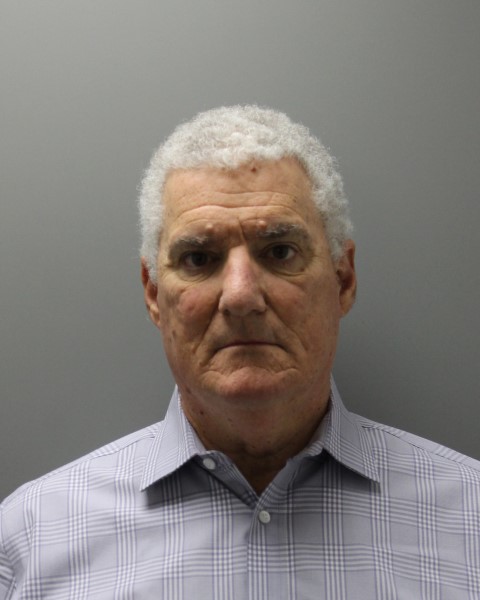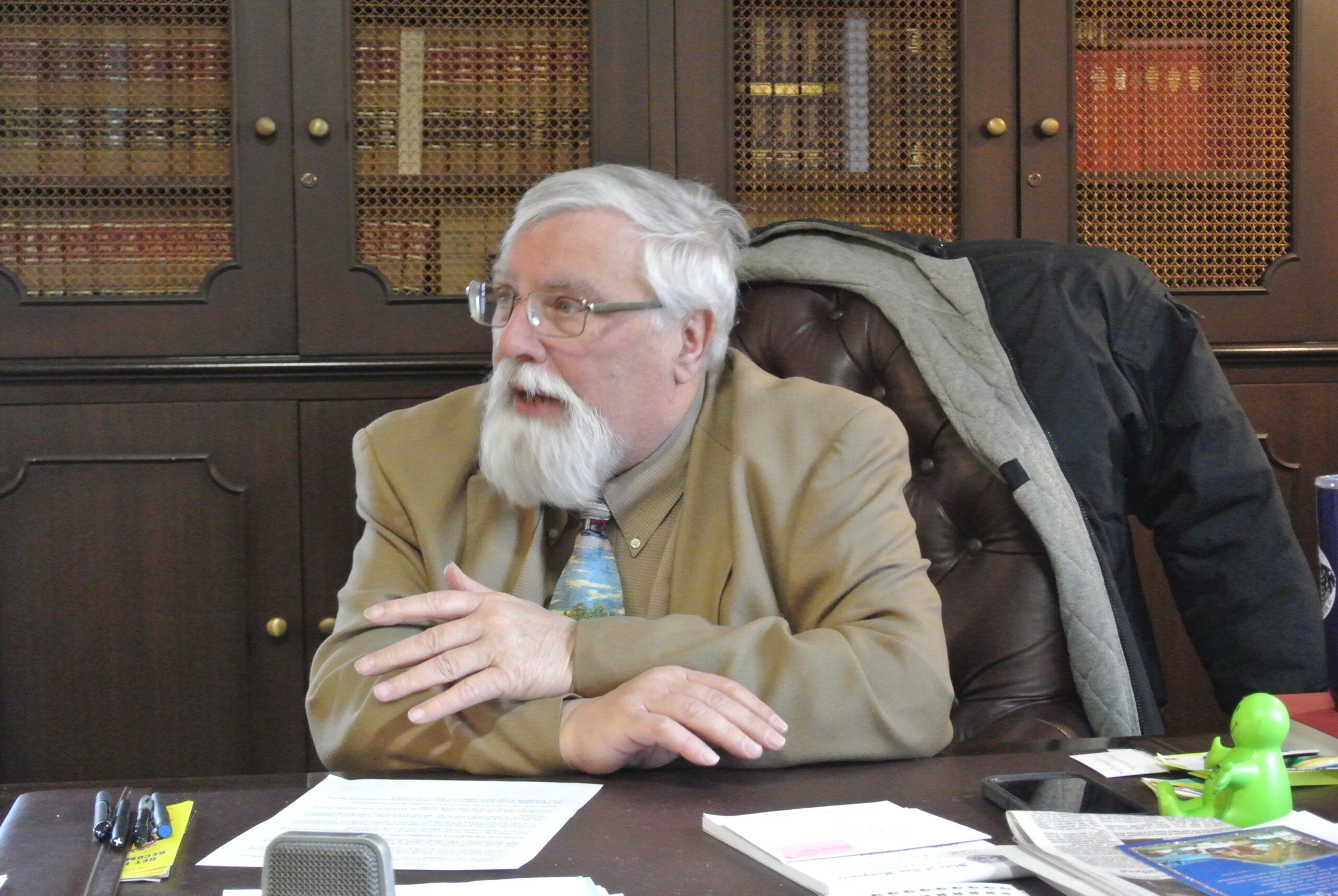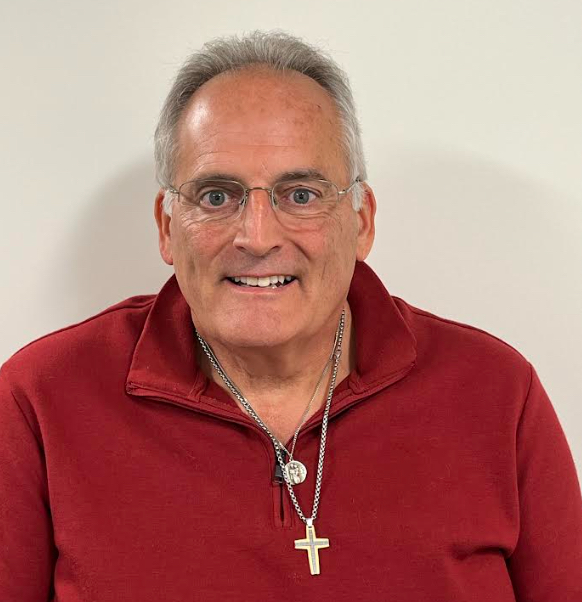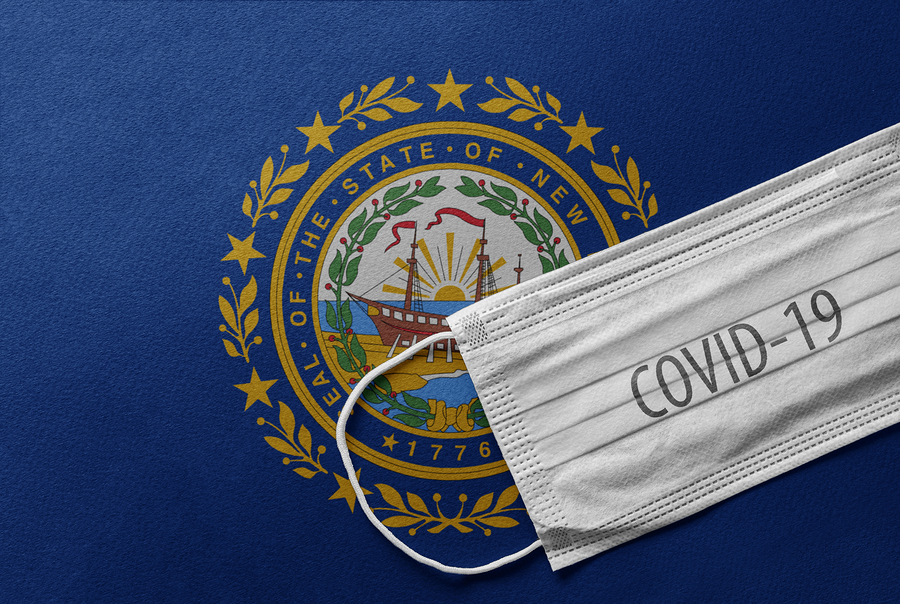Sanborn Can Ask About Being Called “Lying Sack of Trash” at Trial

Prosecutors did not hide evidence by failing to ask New Hampshire Lottery Executive Director Charles McIntyre about calling Concord Casino owner Andy Sanborn a “lying sack of trash.”
Sanborn faces criminal charges for allegedly filing false financial information in order to get COVID relief money. He’s also fighting the state in court over the forced sale of his casino. His lawyers wanted to depose McIntyre, as well as Director of Taxpayer Services Lisa Crowley, claiming the state failed to pursue questions that could clear Sanborn during their separate interviews with investigators.
Merrimack Superior Court Judge John Kissinger recently ruled that Sanborn’s defense lawyers are free to ask their own questions during witness testimony at trial, but they don’t have the right to get either McInTyre or Crowley to sit for sworn depositions. McIntyre expressed a personal animus toward Sanborn during his interview with investigators, which defense lawyers claim demonstrates a potentially disqualifying bias.
But Kissinger wrote in his order that Sanborn likely already knows if McIntyre does not like him as a person, and prosecutors are not responsible for plumbing the depths of their relationship.
“To the extent, for example, that the defendants seek to explore Mr. McIntyre’s alleged animus toward Mr. Sanborn, the Court finds that whatever animus exists is known to Mr. Sanborn and may be properly addressed in cross-examination,” Kissinger wrote.
Prosecutors have already had their knuckles rapped by Kissinger after he found they violated attorney-client privilege when executing a search warrant last year.
“The Court finds that the NHAG exhibited gross negligence at several points throughout its execution of the warrant and subsequent taint review of the seized material that rises to the level of prosecutorial misconduct,” Kissinger wrote in January.
Assistant Attorney General David Lovejoy and forensic accountant Don Swanson were both kicked off the case by Kissinger as a result.
McIntyre’s January 2024 interview with members of the New Hampshire Attorney General’s Office included numerous anecdotes about Sanborn’s behavior and truthfulness. In one answer, McIntyre told investigators the Lottery Commission had long dealt with Sanborn’s non-compliance when it came to following audit and cash management regulations. For his part, Sanborn blamed the Lottery Commission for holding back his business, McIntyre said.
“I mean, certainly first the cash management, and then the expansion, where he basically lied to us and said: ‘Oh, you’re the last thing holding us up.’ And then I find out he didn’t get approval for his fire sprinkler system yet. It’s like: ‘You lying sack of trash.’ Like (sigh). Yeah, so, correct. It was, it was a constant catching up with him,” McIntyre said in the transcript.
McIntyre painted Sanborn as a difficult person who tried to bully his way through licensing procedures and audits with the Lottery Commission. He was constantly trying to get around the process by essentially calling ‘the manager,’ McIntyre said, including McIntyre’s own cell phone.
“I made the mistake of giving it to him, and I regretted it from that moment until I stopped answering his phone calls,” McIntyre said.
Sanborn even tried to use supposed political allies like House Speaker Sherman Packard (R-Londonderry) and former Gov. Chris Sununu to weigh in on his behalf, to no avail, McIntyre said.
“It was, like: ‘Oh, we’re going to bring the speaker in, you’re going to get yelled at.’ And the Speaker never said anything, he never said ‘You need to do this, you need to do this.’ (Packard) never once did. And Sununu, the same way. I don’t, like I said, I don’t want to waive a privilege, but he never asked me for any — to do anything for them,” McIntyre told the investigators.
Sanborn is a former Republican state senator whose career highlights include a failed bid for the GOP nomination in the First Congressional District in 2018. While a state senator for Bedford, Sanborn was investigated for alleged sexual harassment of a Senate intern in 2013, though he maintains it was a misunderstanding about a crude joke.












